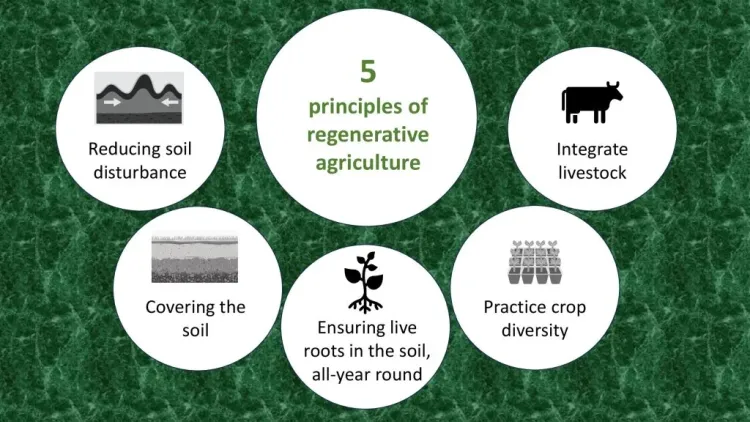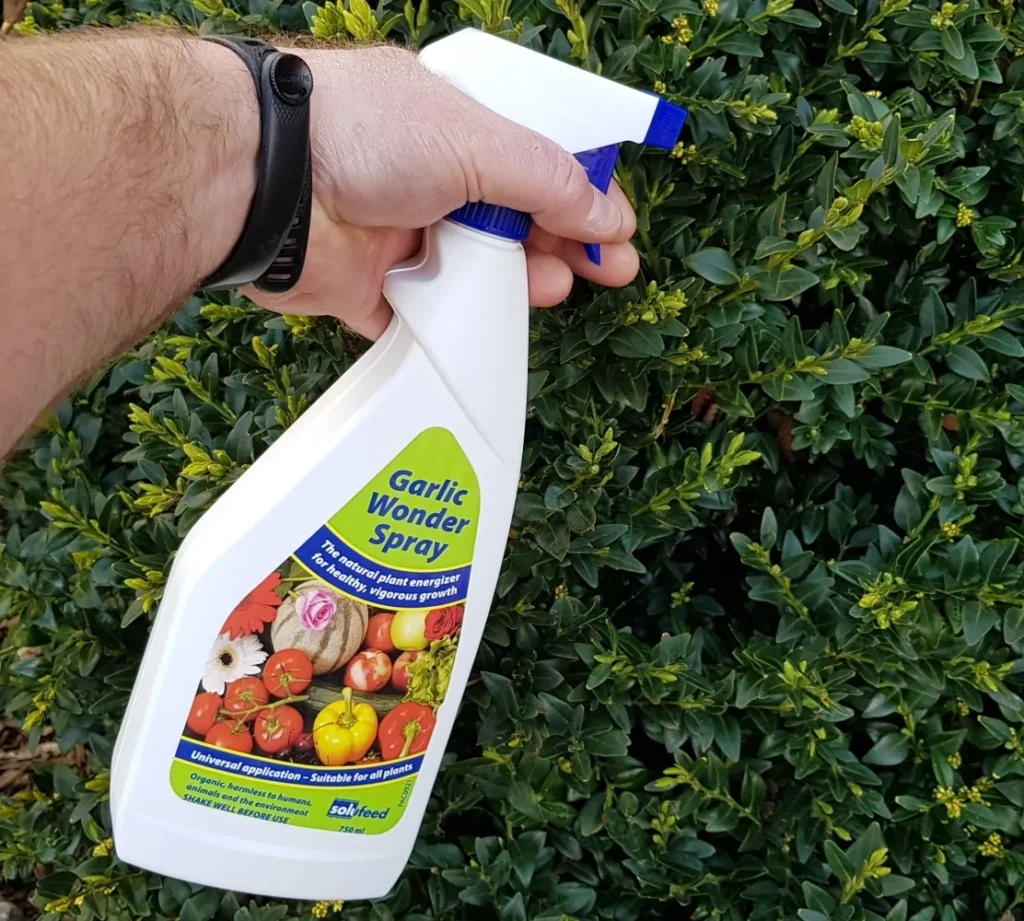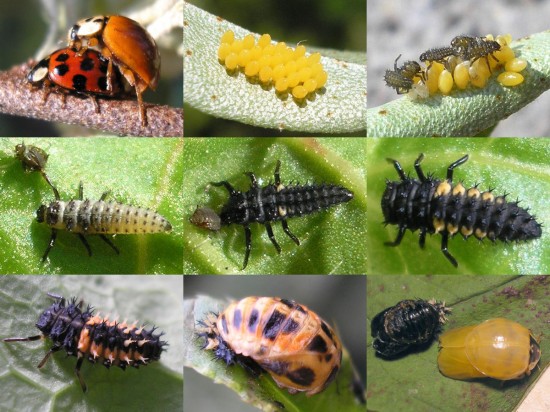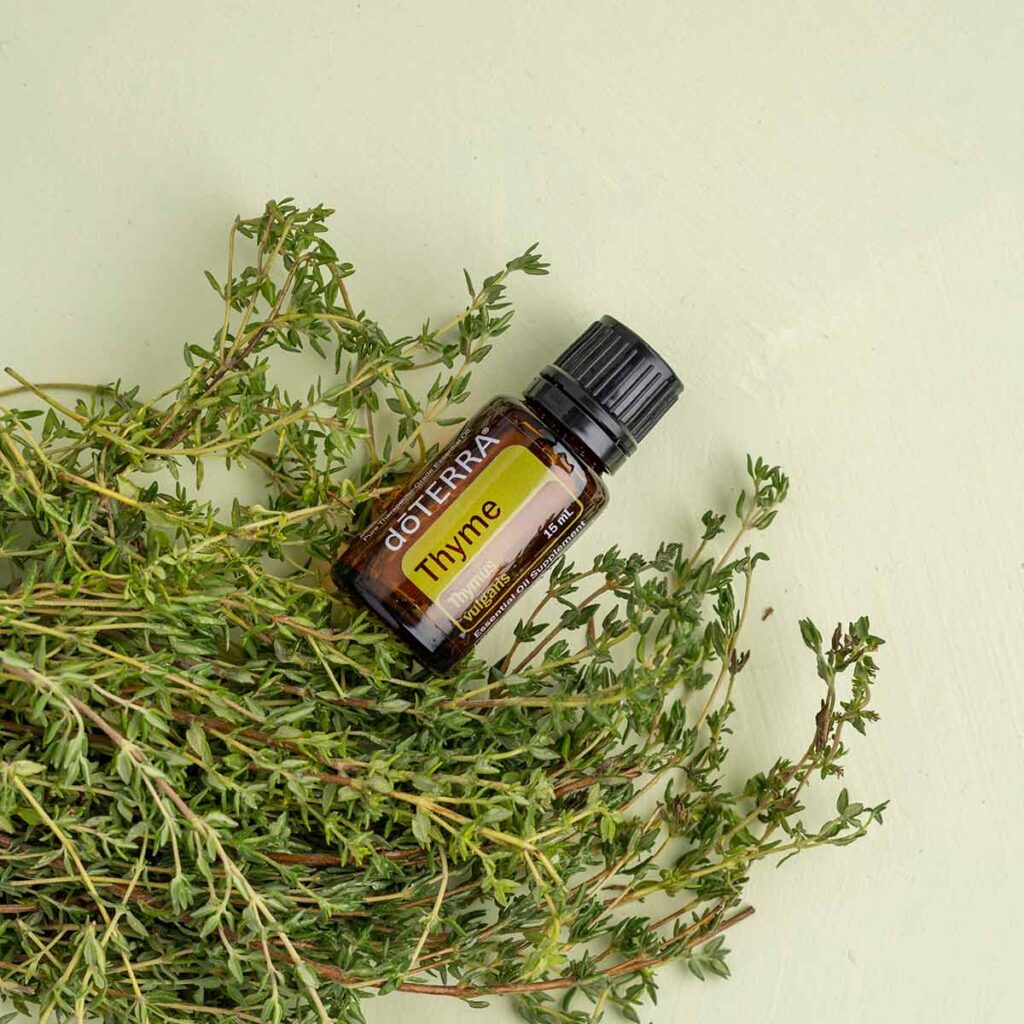Natural Remedies for Plant Diseases: Organic Solutions for a Thriving Garden
The Power of Prevention: Building Plant Immunity
Before diving into specific remedies, it’s crucial to understand that prevention is key. A strong, healthy plant is naturally more resistant to diseases. Here are some strategies I’ve found effective in boosting plant immunity:
- Soil health: Rich, well-draining soil teeming with beneficial microorganisms is the foundation of plant health. I regularly amend my soil with compost and organic matter.
- Proper watering: Overwatering or underwatering can stress plants, making them more susceptible to diseases. I’ve learned to water deeply but less frequently, encouraging strong root growth.
- Crop rotation: By rotating crops annually, I disrupt disease cycles and preserve soil nutrients.
- Companion planting: Certain plant combinations can naturally repel pests and diseases. For example, I plant marigolds near my tomatoes to deter nematodes.
- Pruning and spacing: Proper air circulation reduces humidity and prevents fungal growth. I ensure my plants have adequate space and remove overcrowded foliage.

Nature’s Medicine Cabinet: Organic Remedies for Common Plant Diseases
When prevention isn’t enough, these natural remedies have proven effective in my garden:
1. Baking Soda Solution for Powdery Mildew
Powdery mildew, a common fungal disease, can be treated with a simple baking soda spray:
- Mix 1 tablespoon of baking soda with 1 gallon of water
- Add 1 tablespoon of vegetable oil to help the solution stick to leaves
- Spray affected plants weekly, preferably in the morning
I’ve successfully used this solution on my zucchini and cucumber plants, seeing noticeable improvement within weeks.

2. Neem Oil: A Versatile Fungicide and Insecticide
Neem oil is my go-to solution for various plant problems. It’s effective against fungal diseases, mites, and insects:
- Mix 2 teaspoons of neem oil with 1 quart of water
- Add a few drops of mild liquid soap to help emulsify the solution
- Spray on affected plants every 7-14 days
I’ve found neem oil particularly effective in treating black spot on roses and aphid infestations on my vegetable plants.
3. Garlic Spray for Bacterial and Fungal Infections
Garlic’s natural antifungal and antibacterial properties make it an excellent organic pesticide:
- Blend 1 whole bulb of garlic with 1 quart of water
- Strain the mixture and add 1 teaspoon of liquid soap
- Dilute this concentrate with 1 quart of water before applying
This potent spray has helped me control early blight on tomatoes and leaf spot on peppers.

4. Milk Spray for Virus Control
Surprisingly, milk can be an effective treatment for certain viral plant diseases:
- Mix 1 part milk with 9 parts water
- Spray on affected plants every 10-14 days
I’ve successfully used this method to manage mosaic virus on my squash plants.
5. Chamomile Tea for Seedling Damping Off
Chamomile tea isn’t just for relaxation; it’s also a powerful fungicide for young plants:
- Brew a strong chamomile tea and let it cool
- Water seedlings with the tea or use as a foliar spray
This gentle remedy has significantly reduced seedling losses in my greenhouse.
Boosting Plant Defenses: Natural Fertilizers and Tonics
Strengthening plants through proper nutrition is crucial in disease prevention and recovery. Here are some organic fertilizers and tonics I swear by:
1. Compost Tea
Rich in beneficial microorganisms, compost tea boosts soil and plant health:
- Steep finished compost in water for 24-48 hours
- Strain and dilute the “tea” before applying to soil or as a foliar spray
I apply compost tea monthly to my vegetable garden, noticing improved plant vigor and disease resistance.
2. Seaweed Extract
Packed with trace minerals and growth hormones, seaweed extract enhances plant immunity:
- Follow package instructions for dilution rates
- Apply as a soil drench or foliar spray every 2-4 weeks
My tomato plants thrive with regular seaweed extract applications, showing increased resistance to blossom end rot.
3. Eggshell Tea
Calcium-rich eggshell tea strengthens cell walls, making plants more resilient:
- Crush clean, dry eggshells and steep in water overnight
- Strain and use the calcium-rich water for plant irrigation
I use this regularly on my pepper plants to prevent blossom end rot.

Harnessing Beneficial Insects: Nature’s Pest Control
While not directly related to disease control, beneficial insects play a crucial role in maintaining overall plant health:
- Ladybugs: These voracious aphid eaters help prevent the spread of aphid-borne viruses.
- Lacewings: Their larvae feed on various soft-bodied pests that can weaken plants.
- Praying mantises: These generalist predators keep a variety of pest populations in check.
- Parasitic wasps: Tiny wasps that lay eggs in or on pest insects, effectively controlling their populations.

The Healing Power of Herbs: Botanical Remedies
Many common herbs possess potent antifungal and antibacterial properties. I’ve experimented with these herbal remedies in my garden:
1. Thyme Oil Spray
Effective against bacterial and fungal diseases:
- Mix 4 drops of thyme essential oil with 1 cup of water
- Spray on affected plants every 3-5 days
I’ve successfully used this to treat bacterial leaf spot on my pepper plants.

2. Cinnamon Powder
A natural fungicide that’s particularly effective for soil-borne diseases:
- Sprinkle cinnamon powder on soil surface around affected plants
- Mix cinnamon into potting soil for container plants
This simple remedy has helped me control damping off in my seedling trays.
3. Oregano Tea Spray
Potent against various fungal and bacterial pathogens:
- Steep 2-3 tablespoons of dried oregano in 1 cup of hot water for 10 minutes
- Strain, cool, and dilute with 1 quart of water before spraying
I use this spray preventatively on my tomato plants to ward off early blight.
Holistic Plant Care: Creating a Balanced Ecosystem
In my years of gardening, I’ve learned that the key to plant health lies in creating a balanced ecosystem. Here are some holistic approaches I’ve adopted:
- Biodiversity: Planting a diverse range of species increases overall garden resilience.
- Mulching: Organic mulches suppress diseases, conserve moisture, and feed soil organisms.
- Cover cropping: Planting cover crops in off-seasons improves soil health and breaks disease cycles.
- Composting: Homemade compost introduces beneficial microorganisms that suppress pathogens.
- Water management: Proper irrigation techniques, like drip systems, reduce disease-promoting humidity.
Conclusion:
Through my journey as a gardener, I’ve discovered the incredible power of natural remedies in maintaining plant health. These organic solutions not only effectively combat diseases but also contribute to a thriving, balanced garden ecosystem.
By adopting these practices, you’re not just treating symptoms; you’re building a resilient, sustainable garden that can withstand various challenges. Remember, every garden is unique, so don’t be afraid to experiment and find what works best for your plants.
People also ask:
Are natural remedies as effective as chemical pesticides?
While natural remedies may take longer to show results, they can be just as effective as chemical alternatives when used consistently. They also have the added benefit of being safer for beneficial insects and the environment.
How often should I apply these natural remedies?
Application frequency depends on the specific remedy and the severity of the problem. Generally, treatments should be applied weekly or bi-weekly, but always follow the instructions provided for each solution.
Can I use multiple remedies simultaneously?
Yes, many of these remedies can be used in combination. However, it’s best to introduce new treatments one at a time to monitor their effects and avoid overwhelming the plant.
Are these remedies safe for edible plants?
Most of the remedies mentioned are safe for use on edible plants. However, always rinse fruits and vegetables thoroughly before consumption, regardless of the treatments used.
How can I identify plant diseases accurately?
Accurate identification is crucial for effective treatment. Consult local extension offices, gardening communities, or reputable online resources for help in diagnosing plant problems.
Read also: https://plantgrowup.com/best-treatments-for-fungal-plant-diseases/